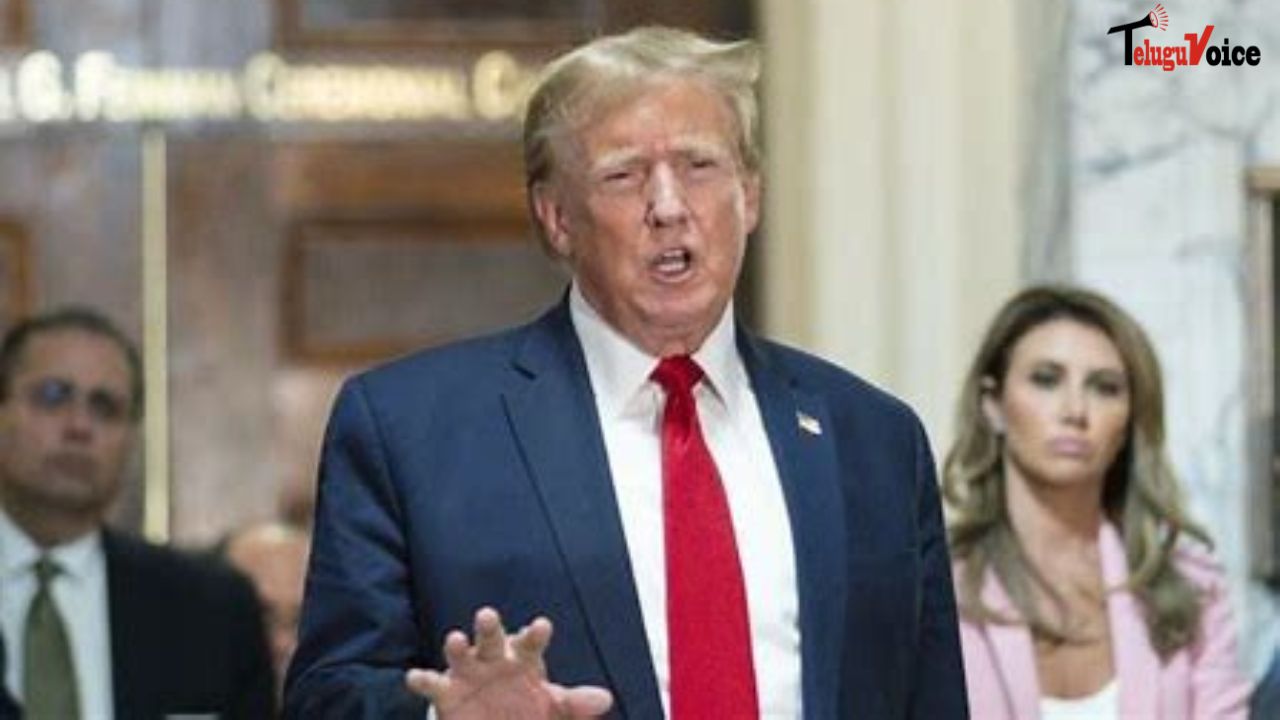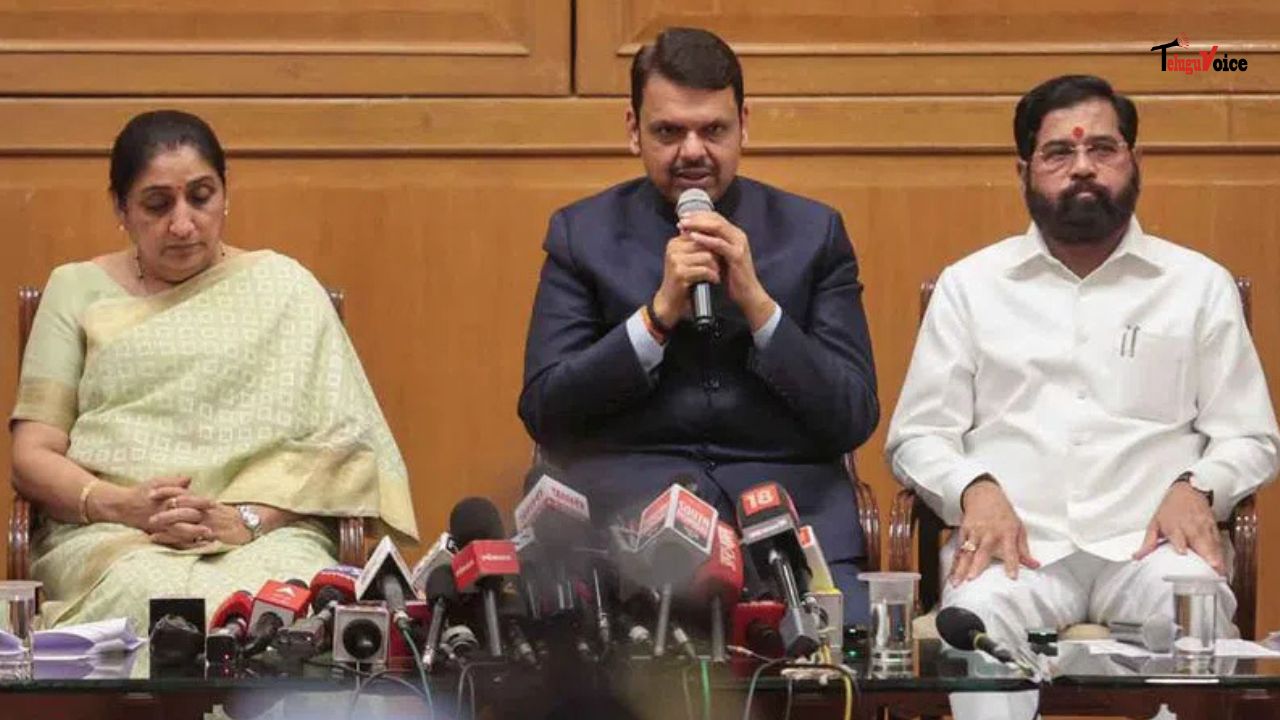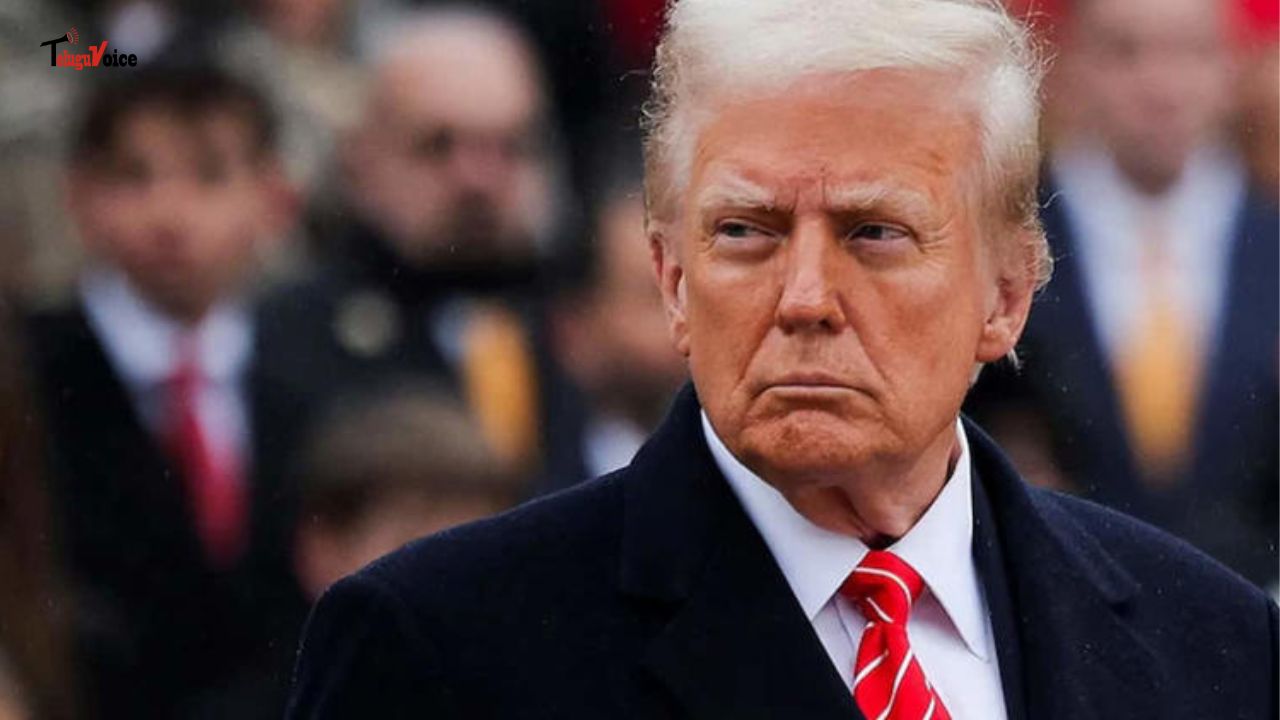US Election Sparks Market Jitters as Emkay Global Predicts Volatile Post-Election Landscape

As the US election kicks off today, all eyes are on the race between former President Donald Trump and Vice President Kamala Harris, with polls favoring Trump in the final stretch. Emkay Global Financial Services warns that the election’s binary nature could drive significant market volatility, with potential impacts on economic policies and asset classes in the medium term.
Madhavi Arora, Chief Economist at Emkay Global, noted that while a Trump presidency would likely bring heightened volatility, a Harris presidency might not vary widely on some economic fronts. She predicted “structurally higher volatility in global inflation and growth,” suggesting that traditional approaches like “buy the dip” may not hold in this shifting landscape. Rising term premiums are expected to drive higher yields, with potential FX tensions as a significant asset class risk over the next few years.
Markets Leaning Toward Trump?
US markets have recently shifted in favor of a Trump win, bolstered by tightening polls in swing states and the Senate. Emkay Global observed that investors are hedging their bets with the so-called “Trump trade,” characterized by rising UST yields, a strong dollar, and favorable US equities over non-US markets. Corporate credit spreads in the US are also tightening, benefiting from anticipated tax cuts that could ease debt servicing for companies.
Trump vs. Harris on Economic Policies
Fiscal and trade policy are key areas where Trump and Harris diverge sharply. Emkay Global expects Trump’s fiscal strategy to focus on tax cuts, potentially extending the 2017 tax cuts beyond their 2025 expiration. This could lead to an estimated $7.5 trillion deficit over a decade, as opposed to the $4.6 trillion projected under a more moderate approach. For Democrats, fiscal policy would lean toward higher spending, particularly on health and child tax credits, funded by tax increases on the wealthy.
On trade, Emkay Global noted that while both candidates would likely maintain China tariffs, Trump has proposed broad tariffs, including a 60% levy on Chinese imports and a universal 10% tariff on all imports. Such measures could drive up global costs, slow growth, and pose challenges to supply chains.

 South Africa tour of India 2019
South Africa tour of India 2019










Comments